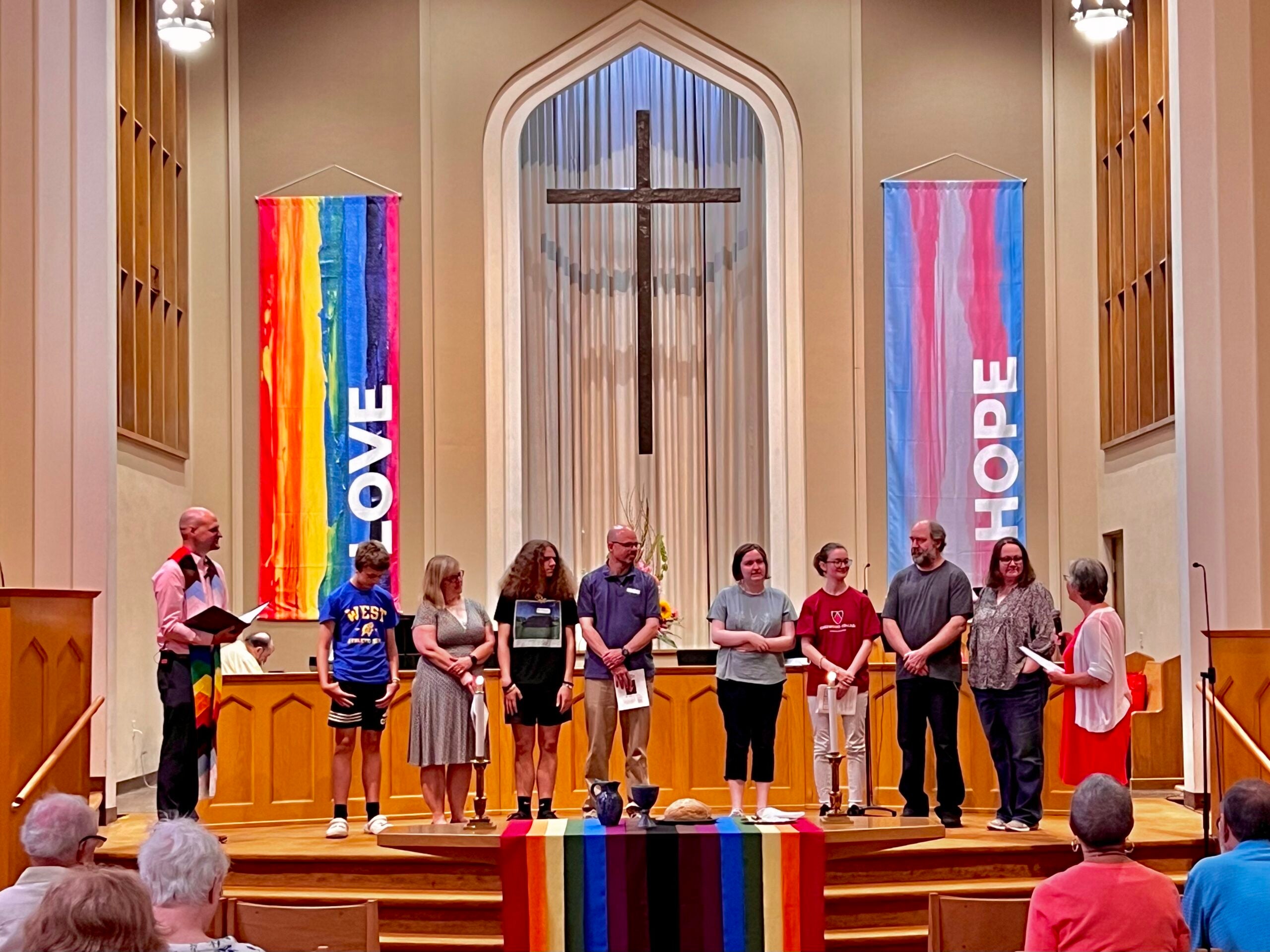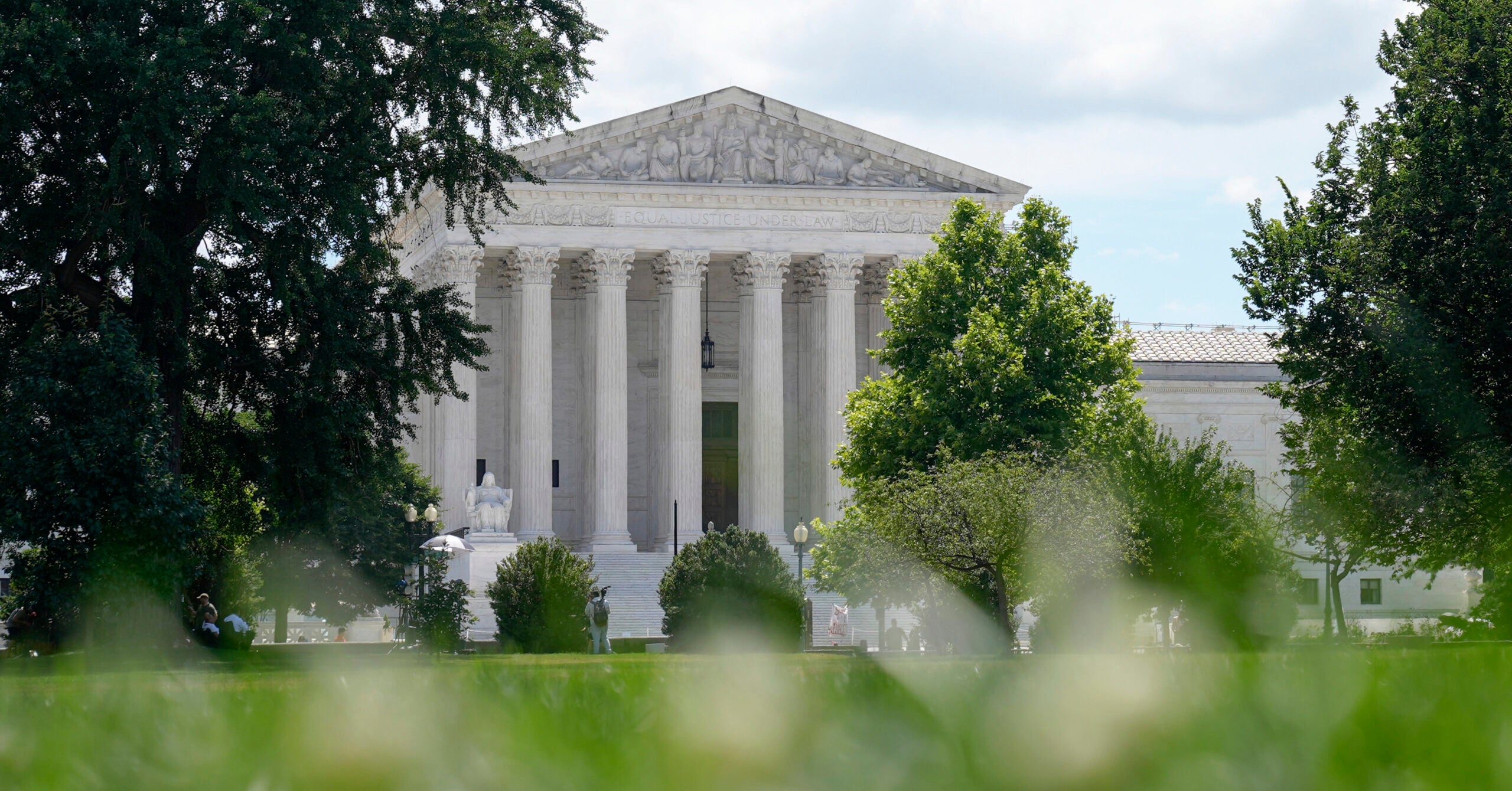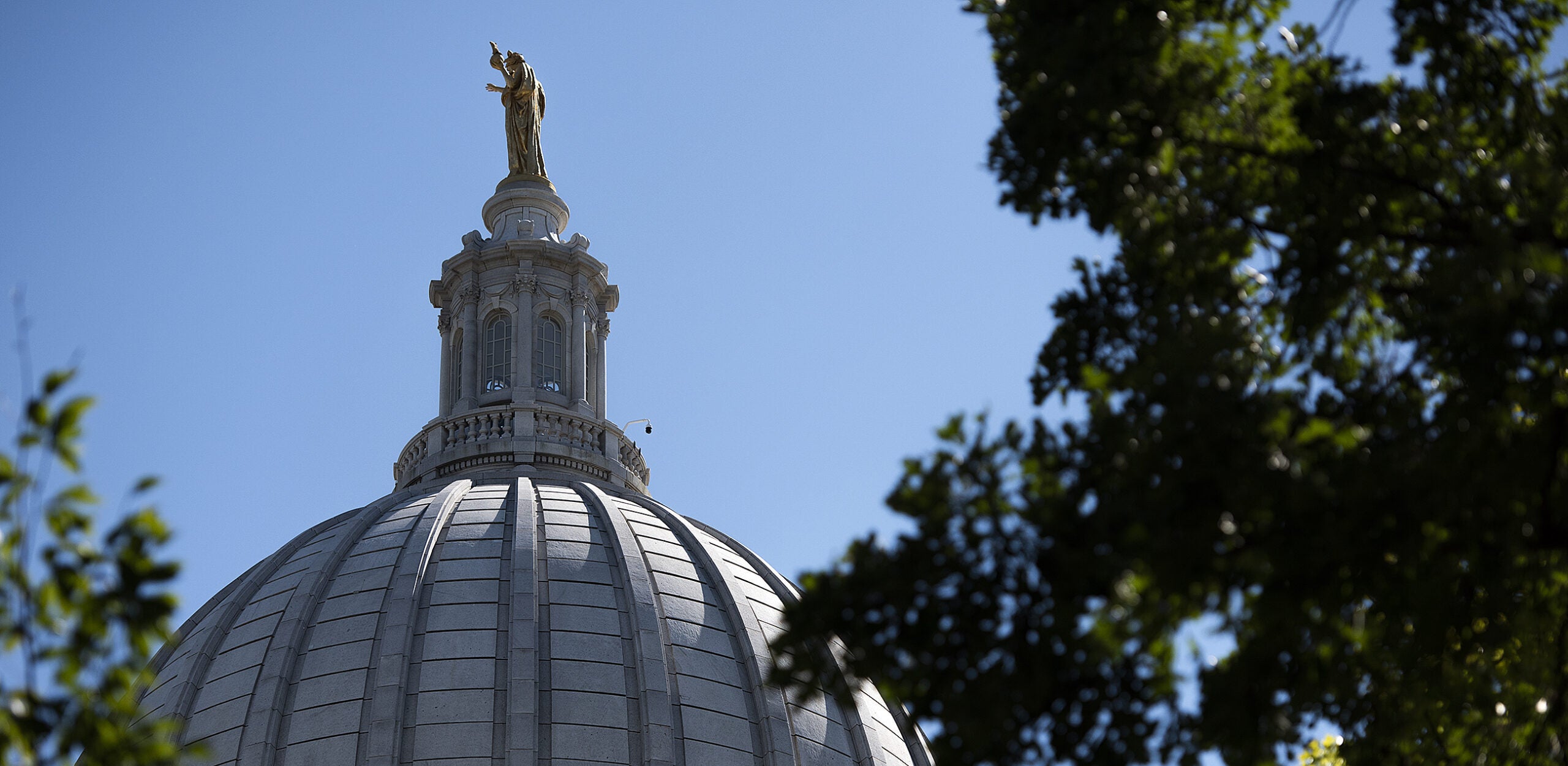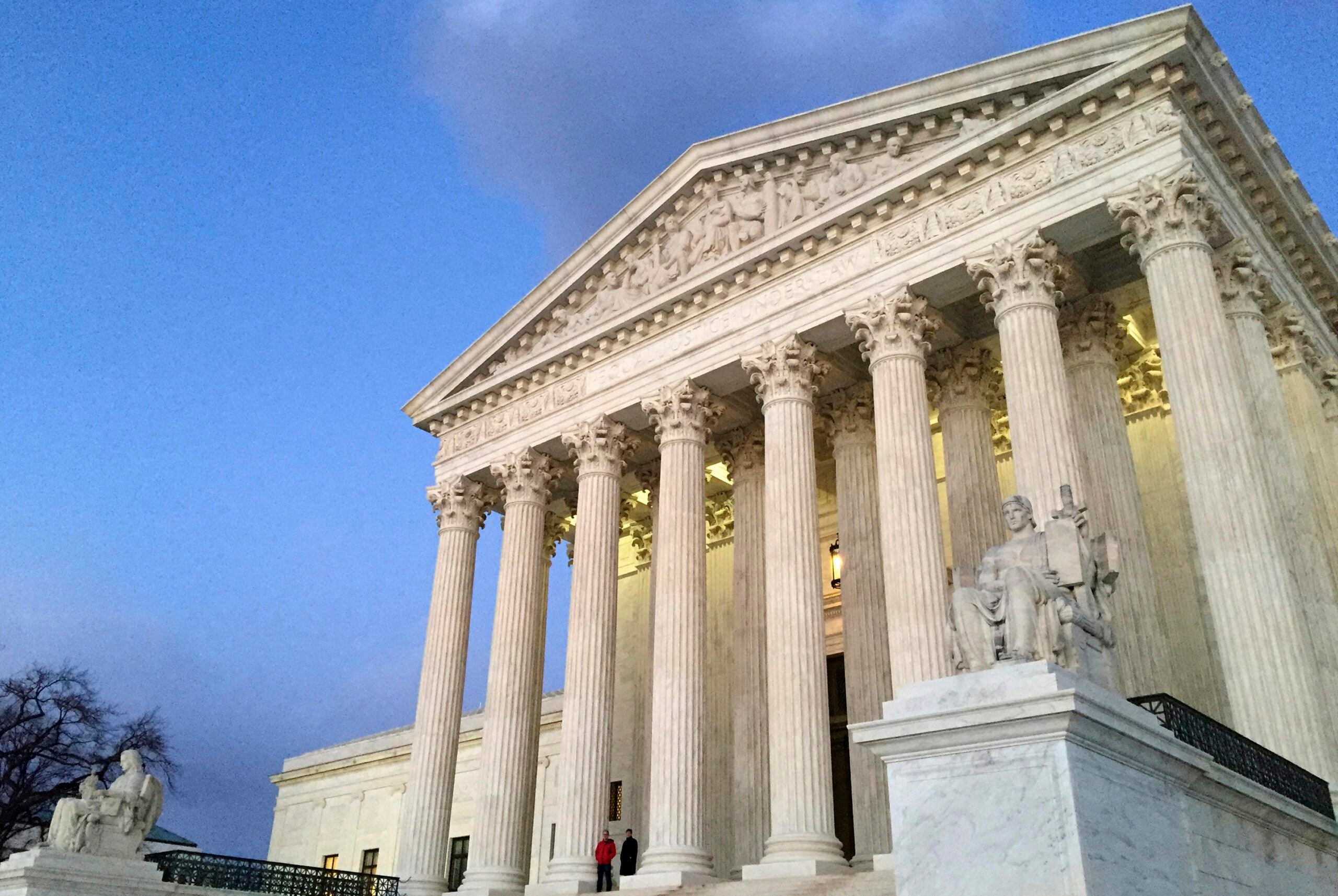A Dane County Circuit Court judge has ruled that state and city anti-discrimination laws don’t apply to a Madison photographer who went to court to avoid doing business with gay couples because she says it violates her religious views.
The Madison case was brought by a group known as Alliance Defending Freedom, the same group that represented a Denver, Colorado, baker who wouldn’t sell a wedding cake to a gay couple.
That case is now before the U.S. Supreme Court. However, the Madison case didn’t get far.
News with a little more humanity
WPR’s “Wisconsin Today” newsletter keeps you connected to the state you love without feeling overwhelmed. No paywall. No agenda. No corporate filter.
Dane County Circuit Court Judge Richard Niess wrote in a decision filed Wednesday that Amy Lawson’s home-based photography wasn’t subject to city or state anti-discrimination laws because Lawson had no store front.
City of Madison Attorney Michael May said she did not fall under the city’s public accommodations ordinance, which prohibits refusing service to people based on factors such as sexual orientation, sex or race.
“She appeared to be something more like a hobby photographer who would do a few things for her friends now and then,” May said.
The case didn’t come about because of a customer’s complaint, rather the photographer sought a ruling on her religious freedom in light of anti-discrimination laws.
Jonathan Scruggs, an attorney with Alliance Defending Freedom, described the ruling as a victory, saying no American should have to promote messages that are against their beliefs.
“So she petitioned the court and said, ‘Court give me clarity what the law requires,’ because she’s seen that all the across the country, these exact same laws are requiring artists to do things they can’t in good faith do,” Scruggs said.
So far, lower courts across the country have sided against bakers and florists who refuse to do business with gay customers. However, the U.S. Supreme Court has accepted the Denver, Colorado case, setting up a major test weighing religious freedom against discrimination based on sexual orientation.
Wisconsin Public Radio, © Copyright 2025, Board of Regents of the University of Wisconsin System and Wisconsin Educational Communications Board.







